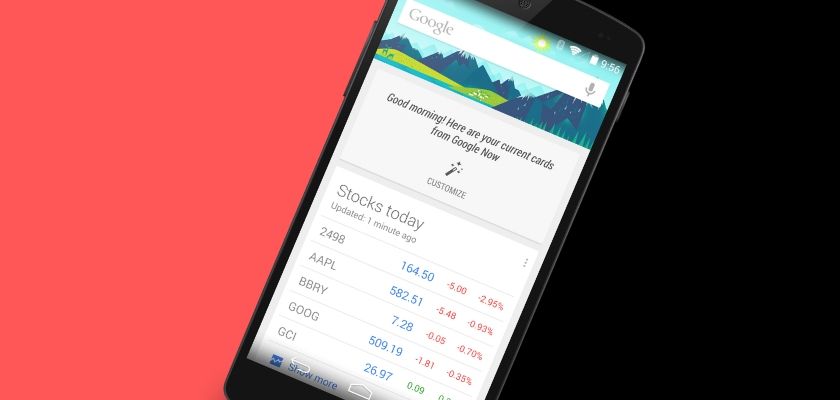Google insider Zach Vorhies, who recently leaked a trove of internal documents in a bid to prove the tech giant’s political and ideological bias, has explained in more detail how Google’s blacklists work.
In a Medium post the software engineer addresses Luke Rudkowski, an American conservative journalist whose website, We Are Change, was listed in one of the documents leaked by Vorhies, namely, in a file whose name is rather self-explanatory: “news-black-list-site-for-google-now.txt.”
Vorhies explains that the site was banned from Google Now, a mobile news app, along with hundreds of others.
The file contains a comment reading “sites with high user block rate,” along with the name of the person who entered them, and a number that Vorhies believes is an issue number using in Google’s internal bug tracker.
What inclusion in this list means for websites such as that maintained by Rudkowski is that they are manually excluded from appearing as Google Now stories, another comment in the document revealed.
Vorhies goes on to explain that the first comment meant the reason given for the inclusion of the site in the blacklist was that “users blocked it a lot.”
As to how this may have come about – the software engineer then refers to one of the disclosures from his leaked Google documents, showing how Google is “taking down” accounts, like that of Canadian psychology professor Jordan B. Peterson, in the name of fighting spam.
What Google does is remove a network of spam accounts created by third-party bad actors – along with the legitimate one – without doing anything to fix the vulnerability that allowed the malicious parties to act in the first place.
In an interview for Infowars Vorhies proposes that Google’s stance on this needs to be investigated, adding, “In fact, I think that Google is purposely leaving this vulnerability just so they can claim plausible deniability and say ‘it wasn’t us’.”
In the Medium post addressing Rudkowski, Vorhies suggests that “bad actors with insider knowledge” of these vulnerabilities in Google’s software might also be to blame for landing his website on the Google Now blacklist, namely, as one that is “blocked a lot by users.”
Vorhies originally leaked internal Google documents to Project Veritas anonymously, to then decide to go public, accusing the tech giant of anti-conservative bias and intent to tamper with the upcoming US presidential elections.













